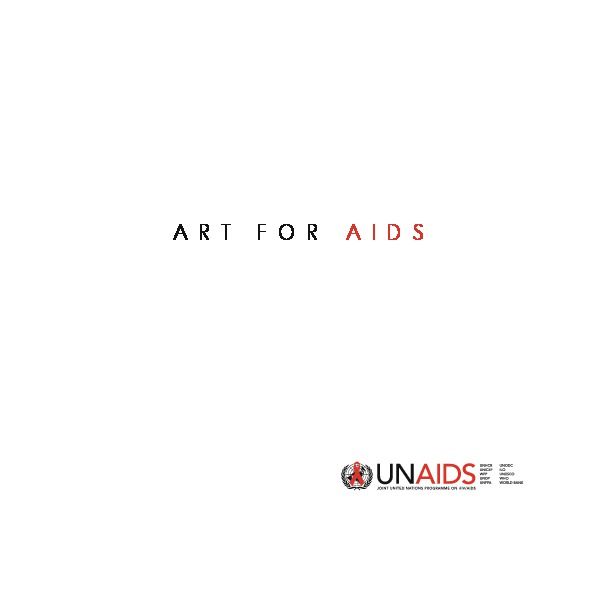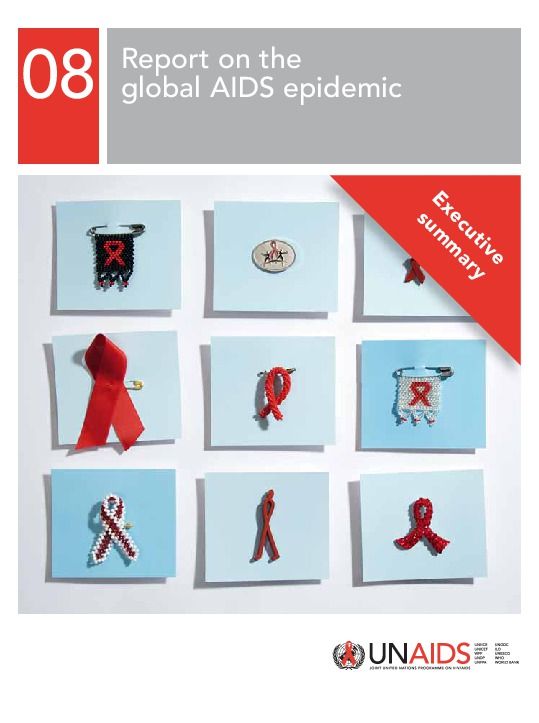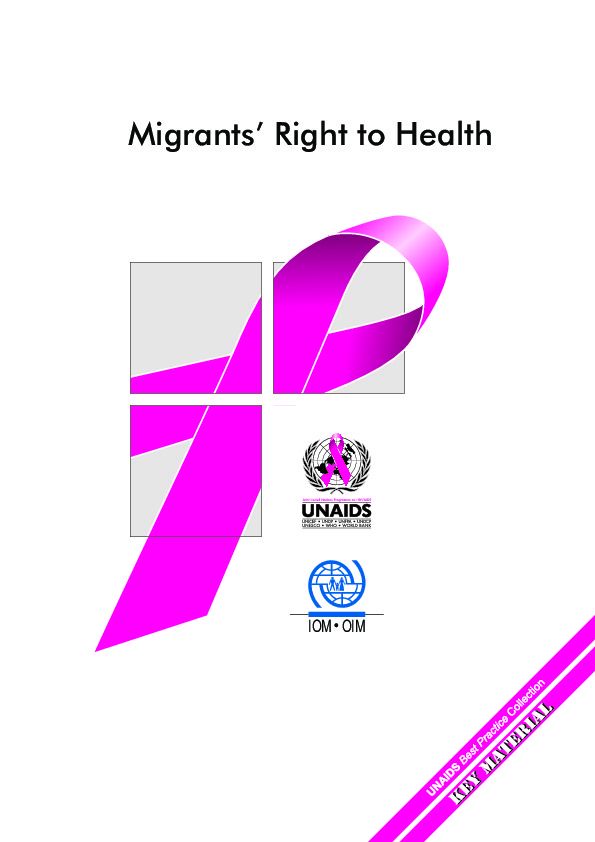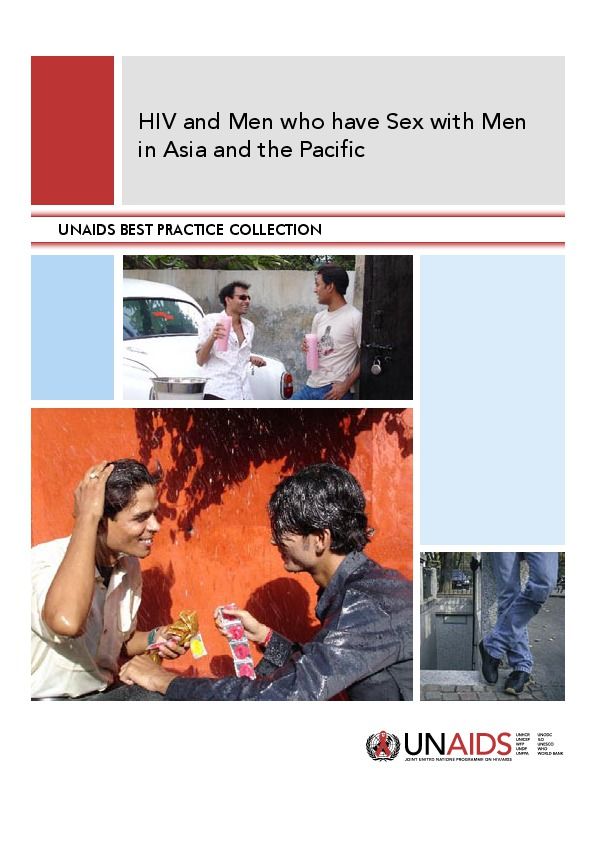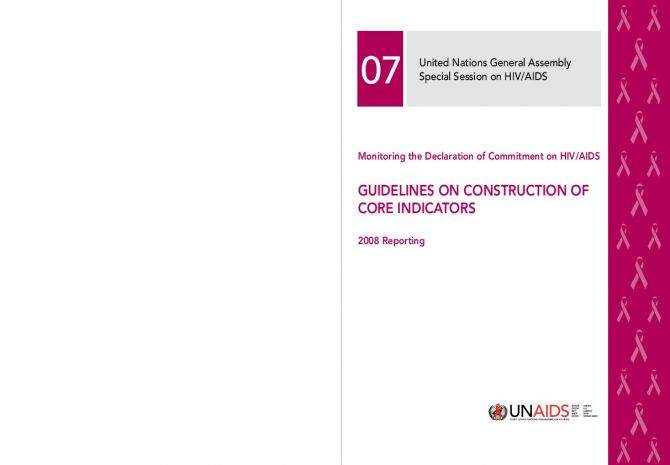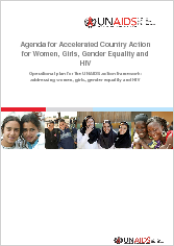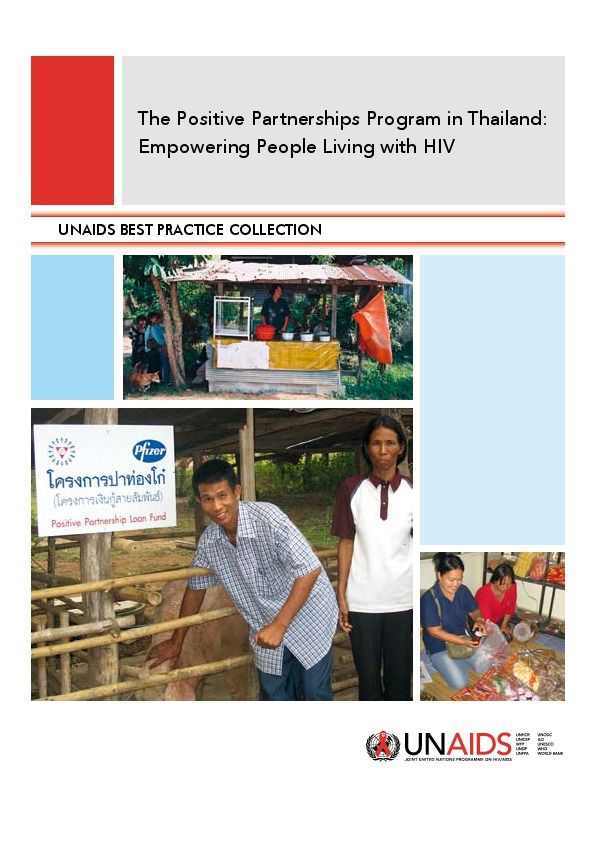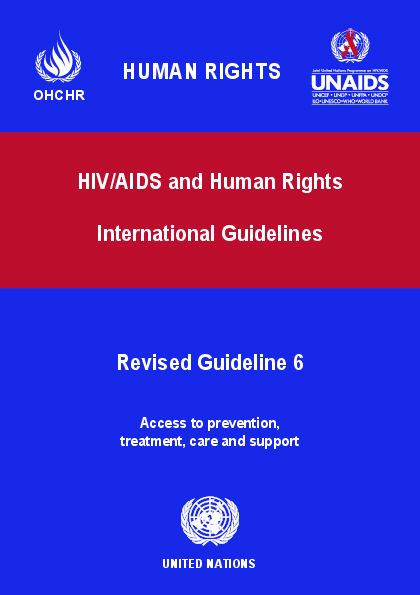Documents
Art for AIDS
27 June 2007
UNAIDS commemorated its 10th anniversary in 2006. In November 2006 UNAIDS moved into its new headquarters in Geneva, a building it shares with the World Health Organization. For UNAIDS, this new space is a convening centre for increased dialogue on AIDS issues and a centre for Art for AIDS. The UNAIDS art for AIDS collection are museum quality pieces that provoke thought and dialogue. With an initial emphasis on African art and artists, the pieces have been assembled through the generous support of artists, collectors and donors.
Documents
Executive summary of 2008 Report on the global AIDS epidemic
17 July 2008
The report documents considerable progress in many countries in addressing their national epidemics. A six fold increase in financing for HIV programmes in low- and middle-income countries 2001–2007 is beginning to bear fruit, as gains in lowering the number of AIDS deaths and preventing new infections are apparent in many countries. Progress remainsuneven, however, and the epidemic’s future is still uncertain, underscoring the need for intensified action to move towards universal access to HIV prevention, treatment, care and support.
Documents
UNAIDS 2011 World AIDS Day report
21 November 2011
A new report by the Joint United Nations Programme on HIV/AIDS (UNAIDS), released on 21 November, shows that 2011 was a game changing year for the AIDS response with unprecedented progress in science, political leadership and results. The report also shows that new HIV infections and AIDS-related deaths have fallen to the lowest levels since the peak of the epidemic.
Documents
Migrants' right to health
02 April 2001
Although there is no agreed definition of what is a migrant, it is estimated that there are probably two billion people on the move globally each year. Migrants can be especially vulnerable to HIV/AIDS/STIs, but are often excluded or simply missed in many prevention and care programmes. This paper outlines key existing laws, policies and best practices in relation to the rights of migrants to health, and associated care, treatment, support and prevention. It argues for a number of immediate changes to improve migrants' health and concludes with recommendations for the future development of policies to improve the health status of migrant populations.
Documents
Monitoring the Declaration of Commitment on HIV/AIDS Guidelines on Construction of Core Indicators 2008
23 April 2007
To assist Member States in preparing and submitting Country Progress Reports, UNAIDS has prepared these guidelines for the monitoring of the Declaration of Commitment made at the 2001 General Assembly Special Session on HIV/AIDS. As the former Secretary-General, Kofi Annan, stated in the 2001 Special Session, “Maintaining the momentum and monitoring progress are essential”. To this end, the Secretary-General requested UNAIDS to again report on progress in 2008. As with previous years, this report will be based on national reports prepared by Member States.
Documents
UNAIDS Agenda for Accelerated Country Action for Women: Operational plan
23 July 2010
The Agenda for Accelerated Country Action for Women, Girls, Gender Equality and HIV 2010–2014 (Operational Plan) supports the implementation of the UNAIDS Action Framework: Addressing Women, Girls, Gender Equality and HIV.1 The Action Framework was developed in response to the pressing need to address the persistent gender inequalities and human rights violations that put women and girls at a greater risk of HIV, and increase their vulnerability. These factors also threaten the gains that have been made in preventing HIV transmission and in increasing access to antiretroviral therapy. The UNAIDS Action Framework focuses on action in three areas, outlined below, in which UNAIDS2 and UNIFEM can make specific and unique contributions.
Documents
The Positive Partnerships Program in Thailand: Empowering People Living with HIV
01 July 2007
UNAIDS best practice collection: an innovative new project in Thailand - the Positive Partnership Program (PPP) - has two goals: 1) to enable people living with HIV to lift themselves out of poverty, achieved through the provision of microcredit loans that allow people to set up small businesses in their communities; 2) the second goal is to reduce HIV-related stigma and discrimination against people living with HIV.
Documents
HIV/AIDS and Human Rights, International Guidelines. Revised Guideline 6 : access to prevention, treatment, care and support
19 March 2003
Commentary and recommendations for the implementation of Guideline 6: “States should enact legislation to provide for the regulation of HIV-related goods, services and information, so as to ensure widespread availability of qualitative prevention measures and services, adequate HIV prevention and care information, and safe and effective medication at an affordable price…”

